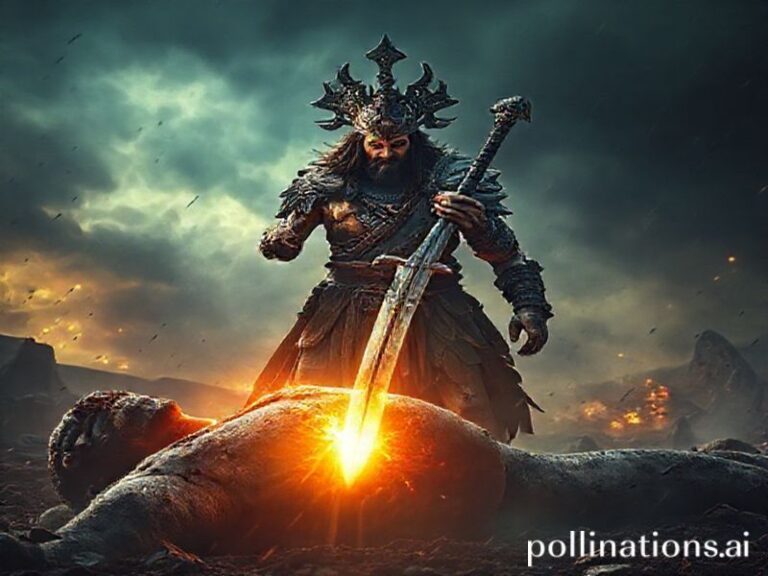Samsung vs. Hanwha: The K-Pop Feud That’s Got the World Hooked
# Samsung vs. Hanwha: The K-Pop Feud That’s Got the World Hooked
In the vast, chaotic ocean of internet culture, a new wave has crashed onto the shores of global trending topics: the Samsung vs. Hanwha feud. Yes, you read that right. It’s not just about smartphones and solar cells anymore; it’s about fandoms, K-pop, and the sheer power of internet culture to turn a corporate rivalry into a global spectacle. So, grab your light sticks and let’s dive in!
## The Plot Thickens: A Tale of Two Conglomerates
Samsung and Hanwha are two of South Korea’s largest conglomerates, or chaebols, with interests ranging from electronics to finance. But why are they suddenly trending globally? The answer lies in the power of K-pop fandoms and the internet’s insatiable appetite for drama.
It all started when Samsung sponsored the popular K-pop group NCT’s new album. Hanwha, not to be outdone, sponsored NCT’s rival group, Stray Kids. Cue the fandom wars. Fans of NCT and Stray Kids took to social media to promote their respective groups, turning the corporate sponsorship into a full-blown internet feud.
## Cultural Context: The Power of K-Pop Fandoms
K-pop fandoms are no joke. They’re organized, passionate, and fiercely loyal. They can make or break an artist’s career, and now, it seems, they can also influence corporate rivalries. The Samsung vs. Hanwha feud is a testament to the power of K-pop fandoms and the internet’s ability to amplify their influence.
In South Korea, chaebols are a significant part of the culture and economy. They’re often seen as symbols of national pride, and their rivalries are taken seriously. But the Samsung vs. Hanwha feud is different. It’s not just about corporate competition; it’s about the fans. It’s about the music. It’s about the culture.
## Social Impact: The Internet’s Role in the Feud
The internet has turned the Samsung vs. Hanwha feud into a global spectacle. Social media platforms like Twitter and Instagram are filled with posts from fans promoting their favorite groups and roasting the other side. Hashtags like #TeamNCT and #TeamStrayKids are trending, and memes are everywhere.
The feud has also sparked discussions about the influence of corporate sponsorships in the music industry. Some fans argue that the sponsorships are a form of exploitation, while others see them as a necessary evil in the competitive world of K-pop.
## Why This Topic is Significant
The Samsung vs. Hanwha feud is significant because it highlights the power of internet culture and the influence of K-pop fandoms. It’s a reminder that the internet is not just a tool for communication; it’s a platform for cultural expression and social change.
Moreover, the feud is a testament to the global reach of K-pop. It’s not just a Korean phenomenon anymore; it’s a global culture that transcends borders and languages. The Samsung vs. Hanwha feud is a reminder that K-pop is here to stay, and its influence is only going to grow.
## Conclusion: The Feud That’s Got the World Talking
The Samsung vs. Hanwha feud is more than just a corporate rivalry. It’s a cultural phenomenon that’s got the world talking. It’s a testament to the power of K-pop fandoms and the influence of internet culture. So, whether you’re a fan of NCT or Stray Kids, a Samsung loyalist or a Hanwha supporter, one thing is clear: the feud is far from over.
And as the internet continues to evolve, so too will the ways in which we engage with culture and commerce. The Samsung vs. Hanwha feud is just the beginning. The future of internet culture is here, and it’s loud, it’s passionate, and it’s not afraid to take sides.







